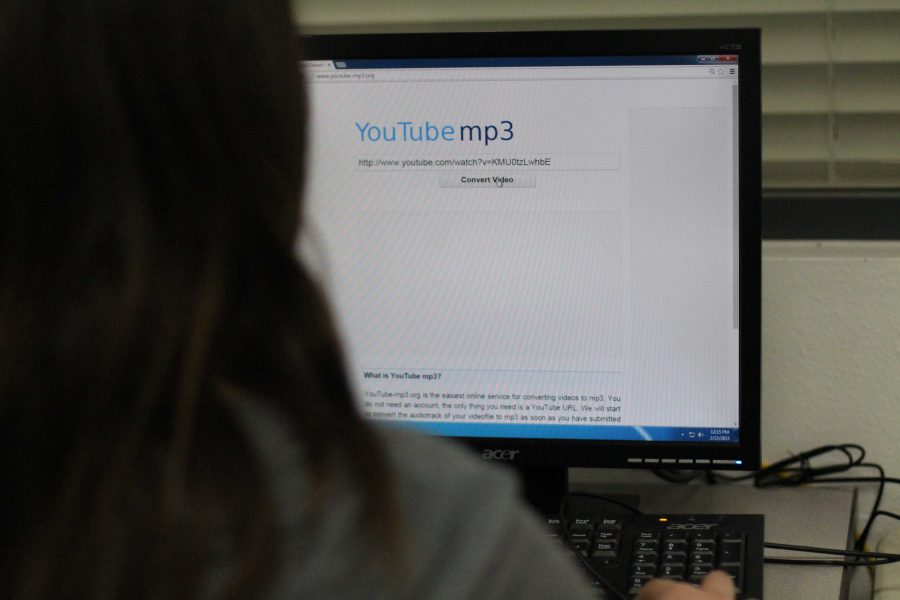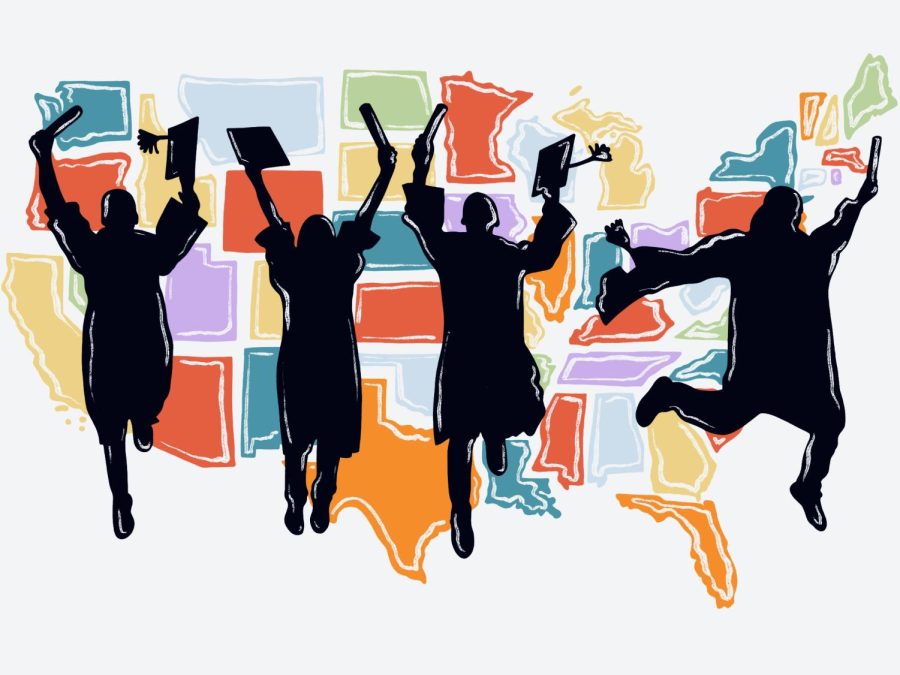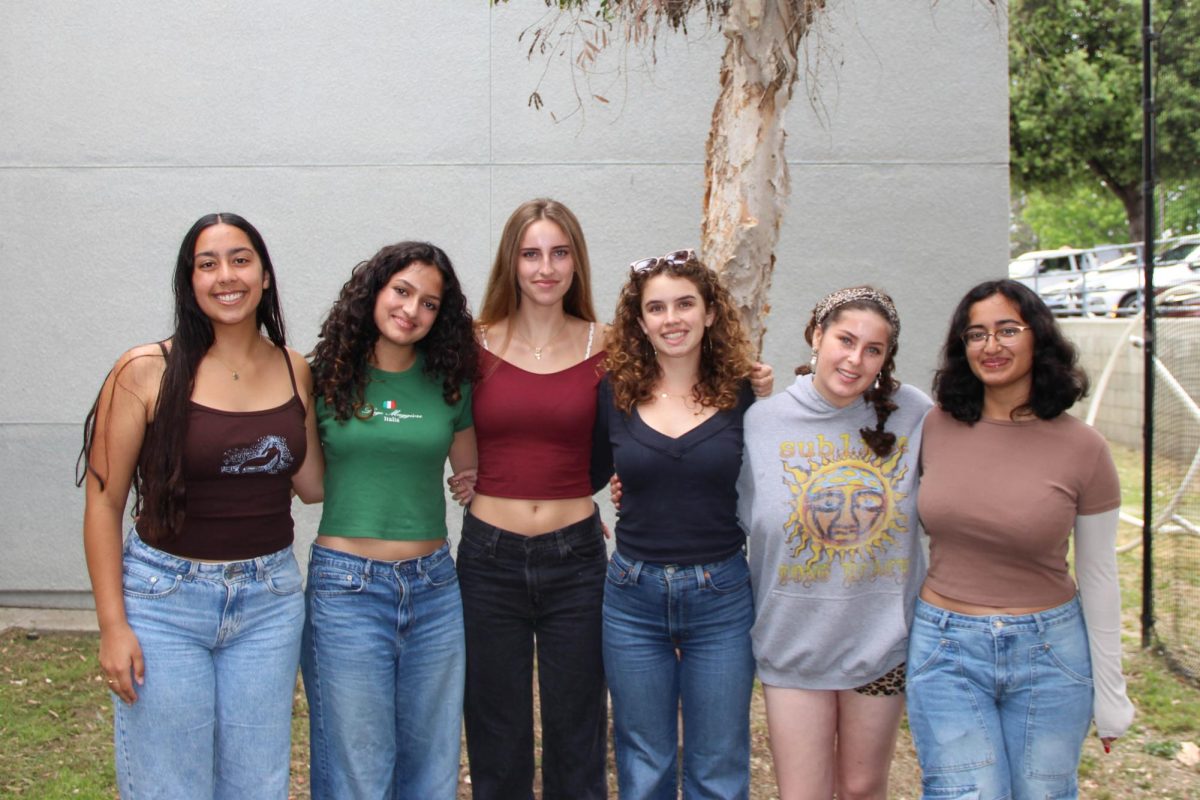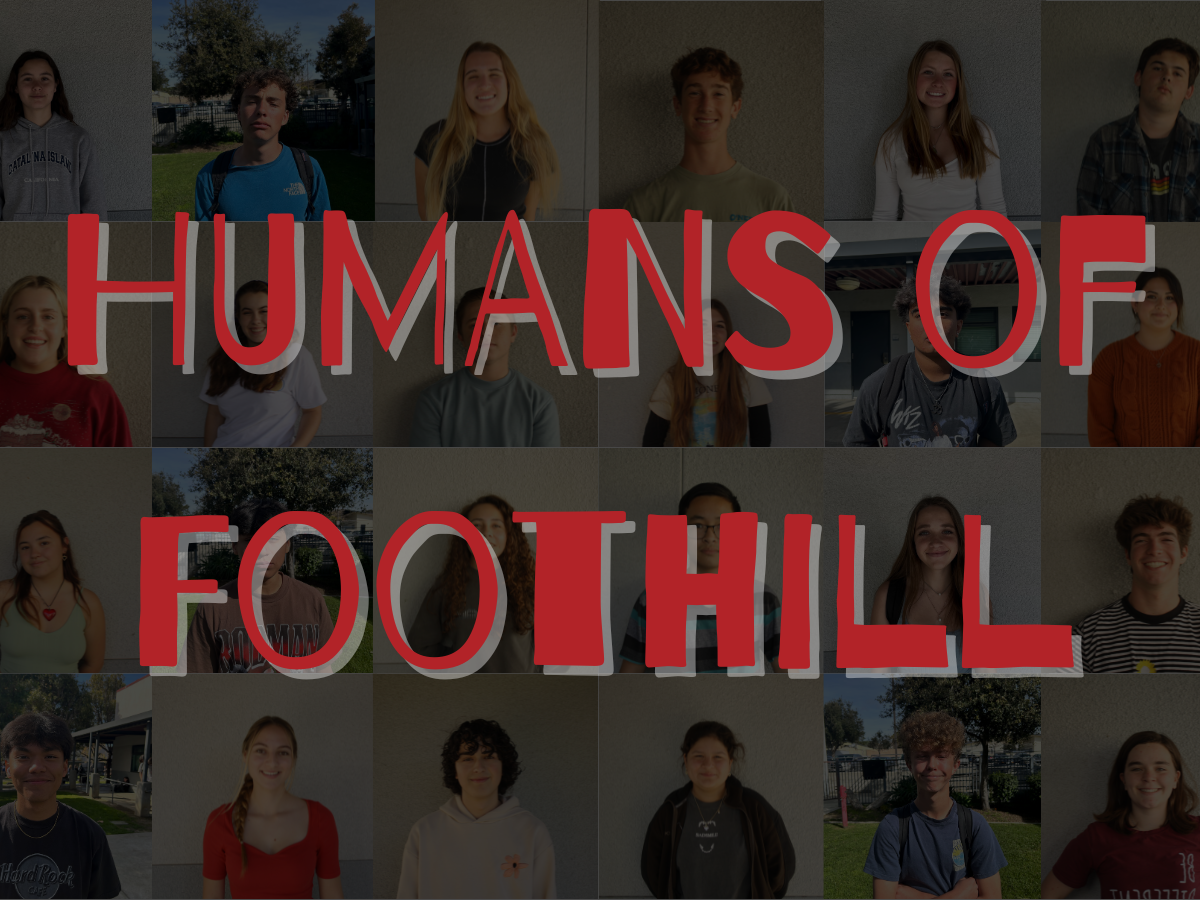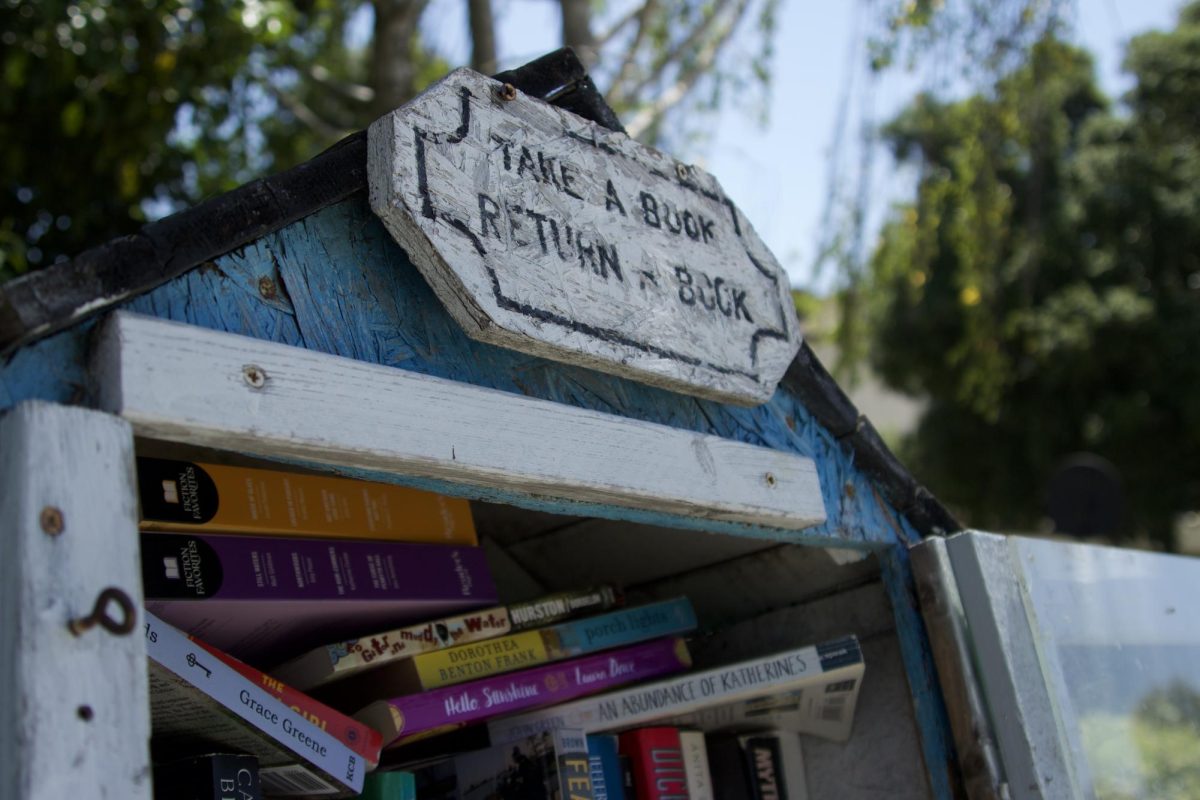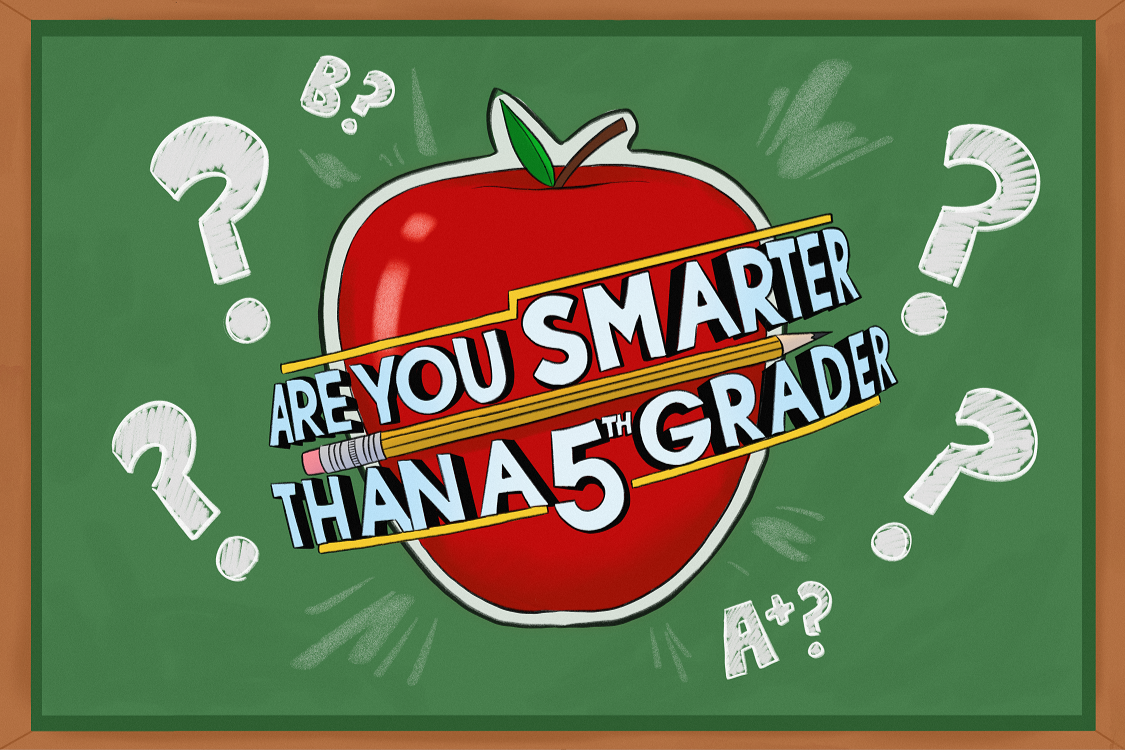
Nowadays, downloading songs for free is as simple as 1, 2, 3- clicks. So is it still necessary to purchase music via iTunes when Imagine Dragon’s album can easily be downloaded online?
While music piracy can be beneficial to us, the consumers, it could be financially devastating to major entertainment industries such as Warner Music Group.
Online piracy can cost music industries up to $12.5 billion per year and the amount of people pirating songs is still growing exponentially. In fact, 70 percent of 18 to 27 year olds surveyed said they possessed pirated music, movies and/or TV shows, according to a survey conducted in 2011 by The American Assembly.
In order to prevent free streaming of their music, artists like Taylor Swift decided to take their music “offline.”
Swift shocked the world last year when she announced her most recent album “1989”, along with the majority of her older songs, would be taken off of Spotify, a free music streaming software described by CEO Daniel Ek as a “more lucrative alternative to piracy.”
She felt that it didn’t fairly compensate for the writers and artists. Swift said that “there should be an inherent value placed on art” and the public kept “running towards streaming, which is, for the most part, what has been shrinking the numbers of paid album sales.”
Half Past the Revolution guitarist and senior Michael Hampton feels that Swift would still make more than enough money from tours and merchandise, even if she continued to freely stream her music.
“Once you get greedy, it becomes a big deal. It kind of stops being about the music at that point and it starts being about the money,” he said.
Despite this, Hampton believes that it’s still understandable if artists feels that they aren’t getting paid enough for the work they put into their albums.
“I’m honored when people just have our music in general whether downloaded or bought,” he said. “But I understand because getting into a studio costs a lot of money. To produce one individual song could cost up to $500 for studio quality. I understand if it can be frustrating.”
[soundcloud url=”https://api.soundcloud.com/tracks/189708668″ params=”color=ff0000&auto_play=false&hide_related=false&show_comments=true&show_user=true&show_reposts=false” width=”100%” height=”166″ iframe=”true” /]
Hampton’s fellow band member, junior Eric Searcy, feels that music piracy could affect the quality of the concerts that artists put on.
“For bigger bands, it’s a main source of income so that they can tour and keep making music,” he said. “Illegally downloading all of the music from bigger bands kind of takes away what they can do from the fans because they don’t have as much money,”
In 2000, heavy metal band Metallica filed a lawsuit against Napster (Metallica v. Napster), a software that allows people to share MP3 files for free. They accused the company of copyright infringement.
“With each project, we go through a grueling creative process to achieve music that we feel is representative of Metallica at that very moment in our lives,” said Metallica drummer Lars Ulrich in a Rolling Stone article. “It is therefore sickening to know that our art is being traded like a commodity rather than the art that it is.”
The outcome of the lawsuit demanded Napster to remove all copyright Metallica songs from the website in 72 hours or face shut down. The ruling also required the company to restrict all music from being shared if the artist or band didn’t want it to be shared.
“It was a big lawsuit and it didn’t really accomplish anything because most of the music on most people’s phones [is] illegally downloaded now,” Searcy said. “I don’t really think there’s a way to stop [piracy]. Artists just have to get creative in ways that they can make money through merchandise and exciting concerts.”
https://twitter.com/rub77/status/532992251543437312
To lower the rate on illegally downloaded music, sophomore Camila Ormachea suggests lowering prices on the songs, so that people are less inclined to turn to piracy.
“If you want to download say, a thousand songs, that’d be more than a thousand dollars in the end and some people don’t want to do that,” she said.
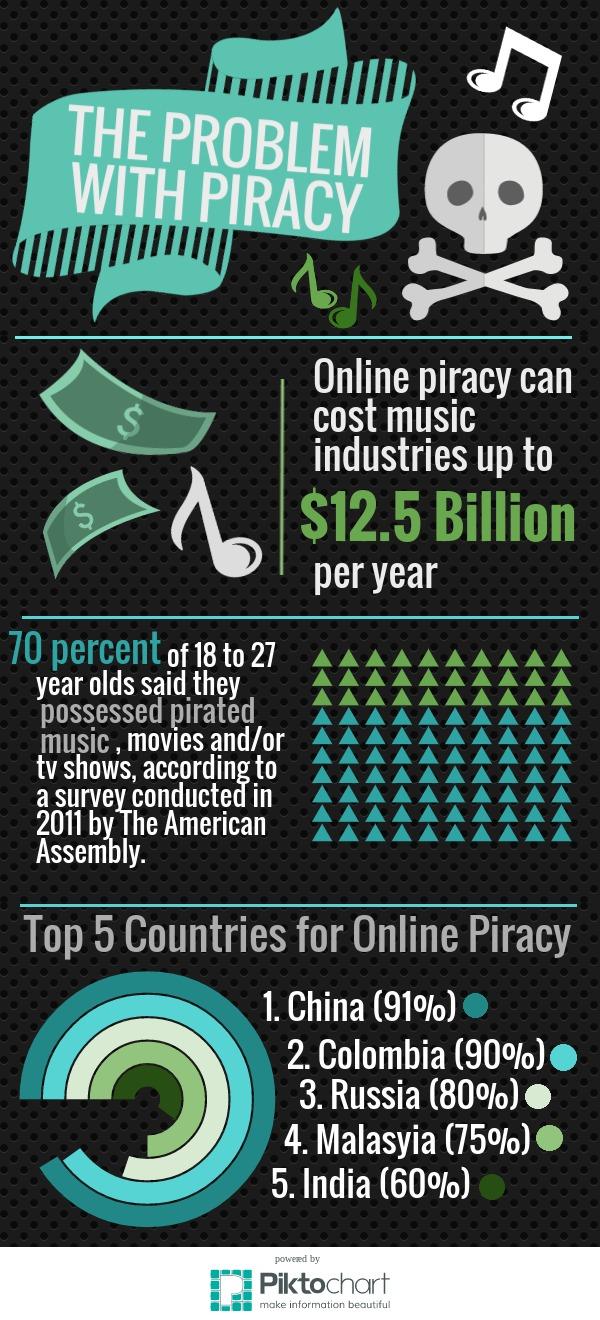
Although there have been several studies done on the economical damages of music piracy, recent studies on the ripple effects of piracy found that it actually does little harm to artists and music industries.
According to a Times article, the “results present no evidence of digital music sales displacement […] It seems that the majority of the music that is consumed illegally by the individuals in our sample would not have been purchased if illegal downloading websites were not available to them.”
Junior Mitchell Boring suggests that rather than contributing to the music industry giants who are already making millions of dollars, it would be much more worthwhile to donate it to a charity or spend it on themselves.
“If I want to support the artist, I’ll pirate it and listen to it and if I like it I’ll give them money. But information should be free; information should be shared,” he said.
“I’m sorry that I didn’t pay $9.99 for Hozier’s new album [so] that he can take his jet and spend the weekend on his island. He’s just going to have to stay home,” he continued.
He believes that artists taking their music off of Spotify to prevent free music streaming or going as far as filing lawsuits against piracy softwares will, ironically, cause more people to download songs illegally because they “can’t listen to it for free.”
Unlike the majority of other musicians, singer-songwriter Amanda Palmer encourages free downloads of her songs.
In her Ted Talk “The art of asking,” Palmers shares with the audience the idea of free music and mutual support between the artist and fans. In April of 2012, she created a kickstarter asking for donations to fund for her band’s record, tour and art book. The goal was $100,000. The final tally was almost $1.2 million from 24,883 supporters.
“The media asked, ‘Amanda, the music business is tanking and you encourage piracy. How did you make all these people pay for music?’ And the real answer is, I didn’t make them. I asked them,” she said in her Ted Talk. “And through the very act of asking people, I’d connected with them, and when you connect with them, people want to help you. It’s kind of counterintuitive for a lot of artists. They don’t want to ask for things. But it’s not easy. It’s not easy to ask. And a lot of artists have a problem with this. Asking makes you vulnerable.”
Palmer states that through the power of the Internet and its abilities to help share content for free, the gap between the artist and fans will lessen. Through that connection, Palmer claims that fans will be more willing to donate money to help support an artist rather than being forced to buy their music.
“Music is less about making money, but more about expressing your feelings and spreading it with other people. So I think that’s what the soul of music is about and it’s a really great way to connect people together and showing common interests,” Wallis said.
Palmer challenges the music corporations with a single question:
“I think people have been obsessed with the wrong question, which is, ‘How do we make people pay for music?’ What if we started asking, ‘How do we let people pay for music?’” she said.
Background Photo Credit: Chloey Settles/The Foothill Dragon Press

